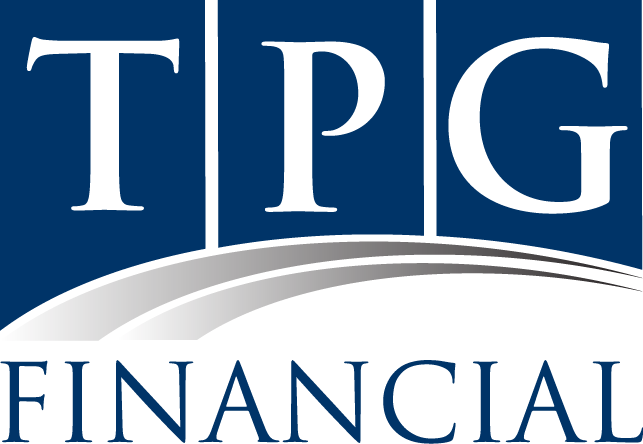Areas of Expertise
Estate Planning
Estate planning involves arranging for the disposition of assets during one’s lifetime, and often it includes tools such as wills, living wills, revocable trusts, and various types of irrevocable trusts. There are also tax planning considerations for developing a proper estate plan for large estates.
History of the Transfer Tax System
The federal estate tax was enacted on 1916 during the first world war. Initially, the tax was imposed only on transfers made during life with a $50,000 exemption and a top tax rate of 10%.
The simple way to avoid the estate tax was to merely gift the money away during life. Not until 1924 was there a tax imposed on gifts, which was then repealed in 1926 until reintroduced in 1932.
Up until 1977 the gift tax was lower than the estate tax, which encouraged lifetime gifts and payment of the gift tax. The tax system at that time became “unified” so whether the gift was made during life the taxes were based on the same sets of rates.
The intent was to make sure taxes were imposed at each generation; however, the crafty estate planner was advising clients to make gifts to grandchildren and younger generations to maximize legacy planning.
Congress passed the generation-skipping transfer (“GST”) tax in 1976, which was subsequently overhauled in 1986, to limit the opportunities for multigenerational wealth transfer without tax.
In 2020, the estate, gift and generation-skipping transfer tax are “unified” and have a federal exemption of $11,580,000, indexed for inflation, with a top tax rate of 40%.
Estate Planning involves dissecting ways to minimize or, in many cases, eliminate transfer taxes for multiple generations within the rules of the transfer tax system.
Legacy Planning
Legacy planning is a more holistic view and approach to estate planning. It may be comprised of tax-efficient wealth transfer planning, as well as continuing life lessons, personal values, faith, and philosophy for ongoing generations.
Legacy planning involves not only deciding who is to receive bequests after death but taking steps to ensure wealth transfer is done in a tax-efficient manner and in a way for you to be remembered.
This planning often involves various types of gifts, trusts and/or foundations. Our firm has helped to develop legacy plans for some of the most prominent families in America.
Our team of experts will help you identify tools and techniques to facilitate an efficient transfer of wealth, find qualified estate planning attorney (if you do not already have one) and monitor your plan when any changes to estate or income tax laws occur.
Insurance Reviews
Life insurance reviews have a place in most financial plans. It may consist of a review of the current needs for life insurance for purposes such as replacing income or of a review of existing policies that are in place. Oftentimes life insurance policies are put in place, and as the needs change over time, the current policies are no longer commensurate with stated objectives. Therefore, each financial situation should be reviewed with regards to structure, ownership of any existing policies, as well as the need for ongoing coverage.
Life insurance should be reviewed like any other financial assets. Some of the reasons you may consider having your policies review are as follows:
Changes to your personal and/or business situations
Medical advancements improving life expectancy and reducing the cost of life insurance
Falling interest rates and dramatic reductions in dividend scales adversely affecting the premium structures of existing insurance policies
Stock market performance affecting the longevity of variable life insurance policies causing them to be in danger of failing without adjustments to ongoing premiums and asset modeling
Insurance company financial strength is becoming of paramount importance life insurance is an important part of a financial plan and should be addressed accordingly. We have a team of experienced experts who are able to produce an independent and unbiased report for your specific situation.
Business Planning
Business planning can consist of succession planning, key person insurance, and buy-sell planning. Many businesses fail because they fail to plan. It’s critical for businesses to establish a plan for continuity in the event that key persons are no longer around.
Oftentimes entrepreneurs desire to pass the family business to future generations but the reality is that only about 30% of closely-held family businesses make transition to the second generation. Many of the issues that prevent businesses from successfully transferring to future generations could be mitigated or eliminated with proper planning.
Common issues pertaining to planning for a business include income tax planning, buy-sell planning, monetizing the business for the founders, minimizing family conflict, estate tax minimization and protecting the business from creditors and domestic predators.
Private Placement
Private placement life insurance is a specialized type of life insurance that is available only to accredited investors. It is designed for ultra-high net worth families as a tool that can be utilized to facilitate wealth transfer and/or provide for tax-efficient accumulation of wealth.
This is an individually tailored product designed to appeal to ultra-high net worth clients who are interested in taking advantage of the tax-efficiency of life insurance but with institutionally priced products only available to accredited investors.
The tax code and regulations set forth fairly simple rules that effectively provide that: (1) any gains and income on the assets within the policy's account incur no income tax; (2) the policy owner can borrow against the assets within the policy without triggering any income tax (provided it is not a Modified Endowment Contract); (3) the beneficiaries of the life insurance policy do not typically incur income tax when they receive the death benefits; and, (4) the insurance proceeds are not included in the estate of the insured for estate tax purposes if the policy owner is another individual or a trust.
The upward pressure on income tax rates and downward pressure on the estate tax exemption make private placement insurance an attractive wealth planning tool in today’s environment.
